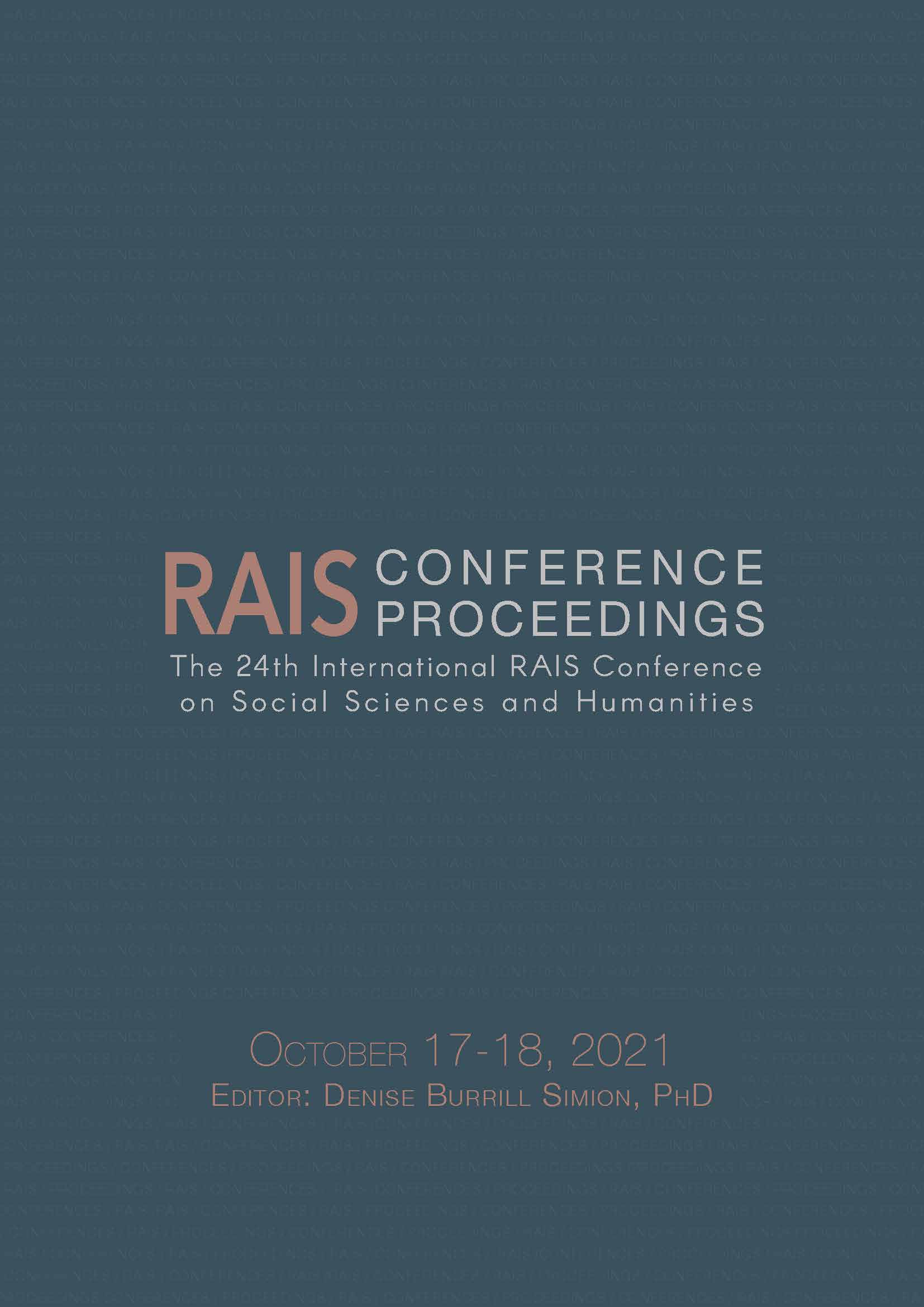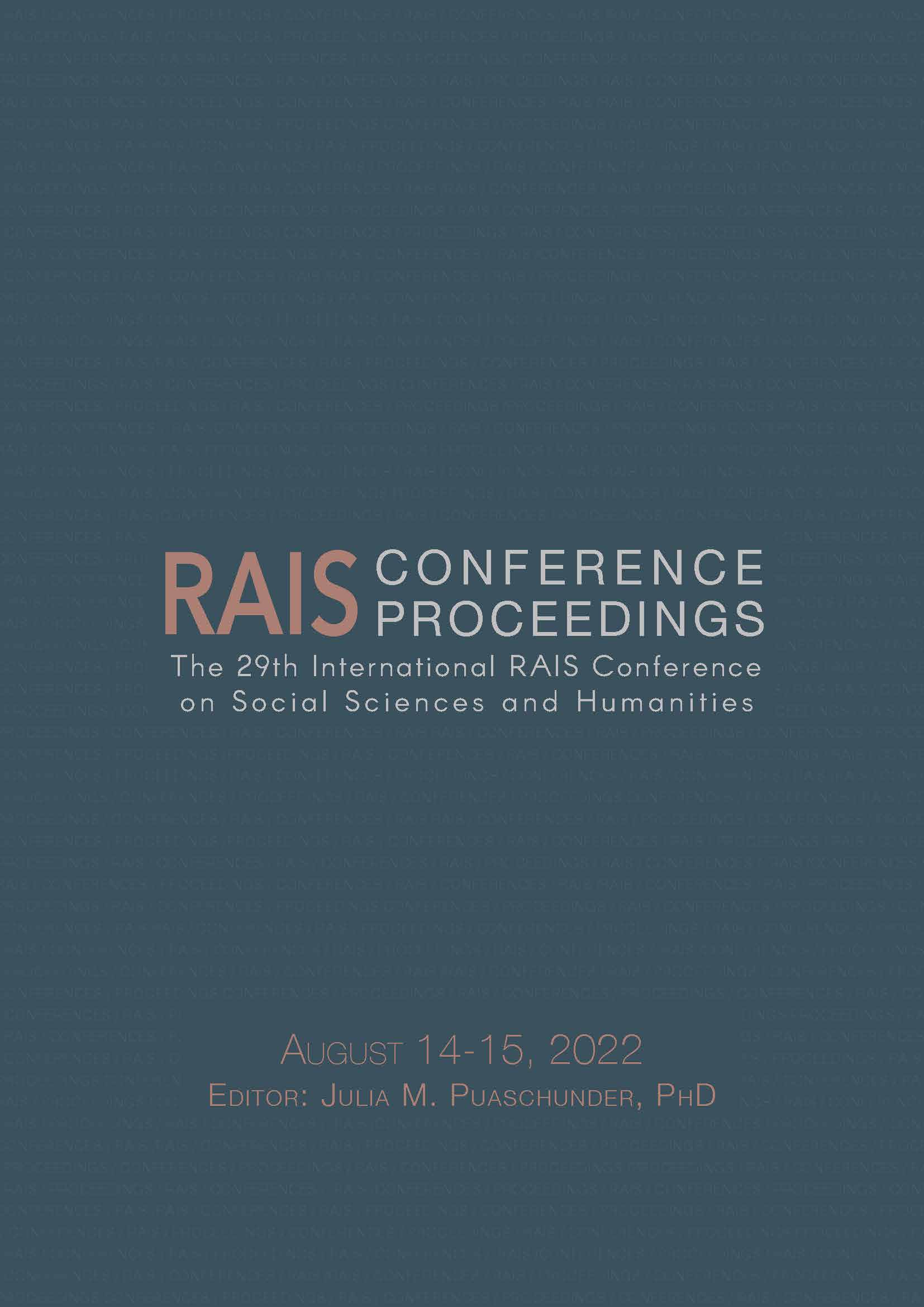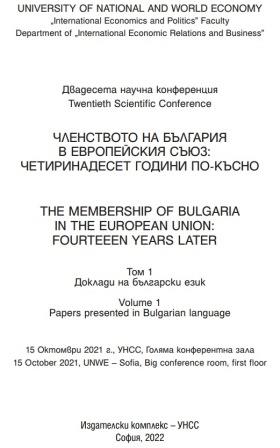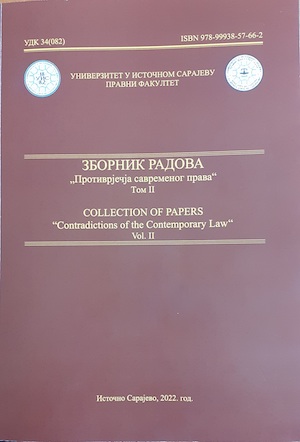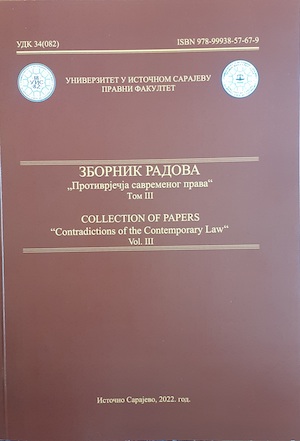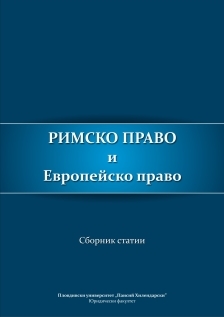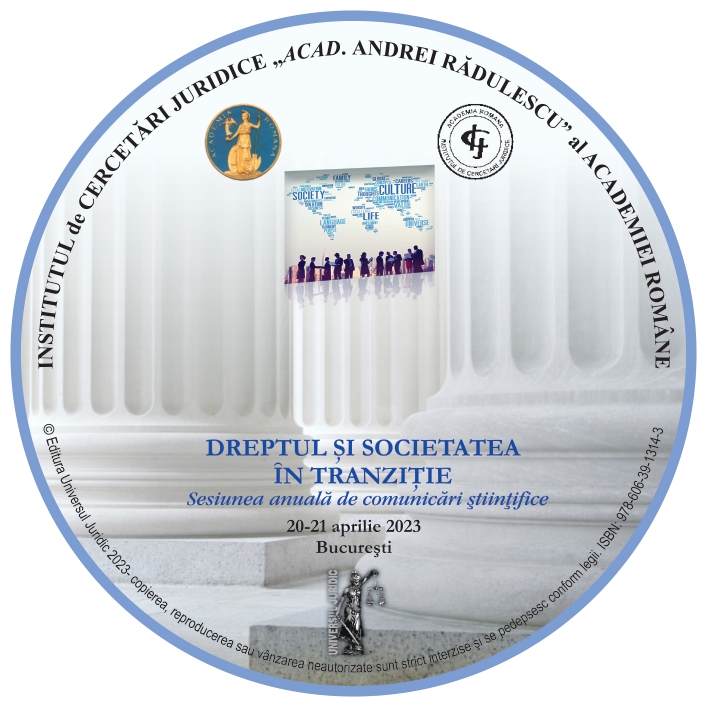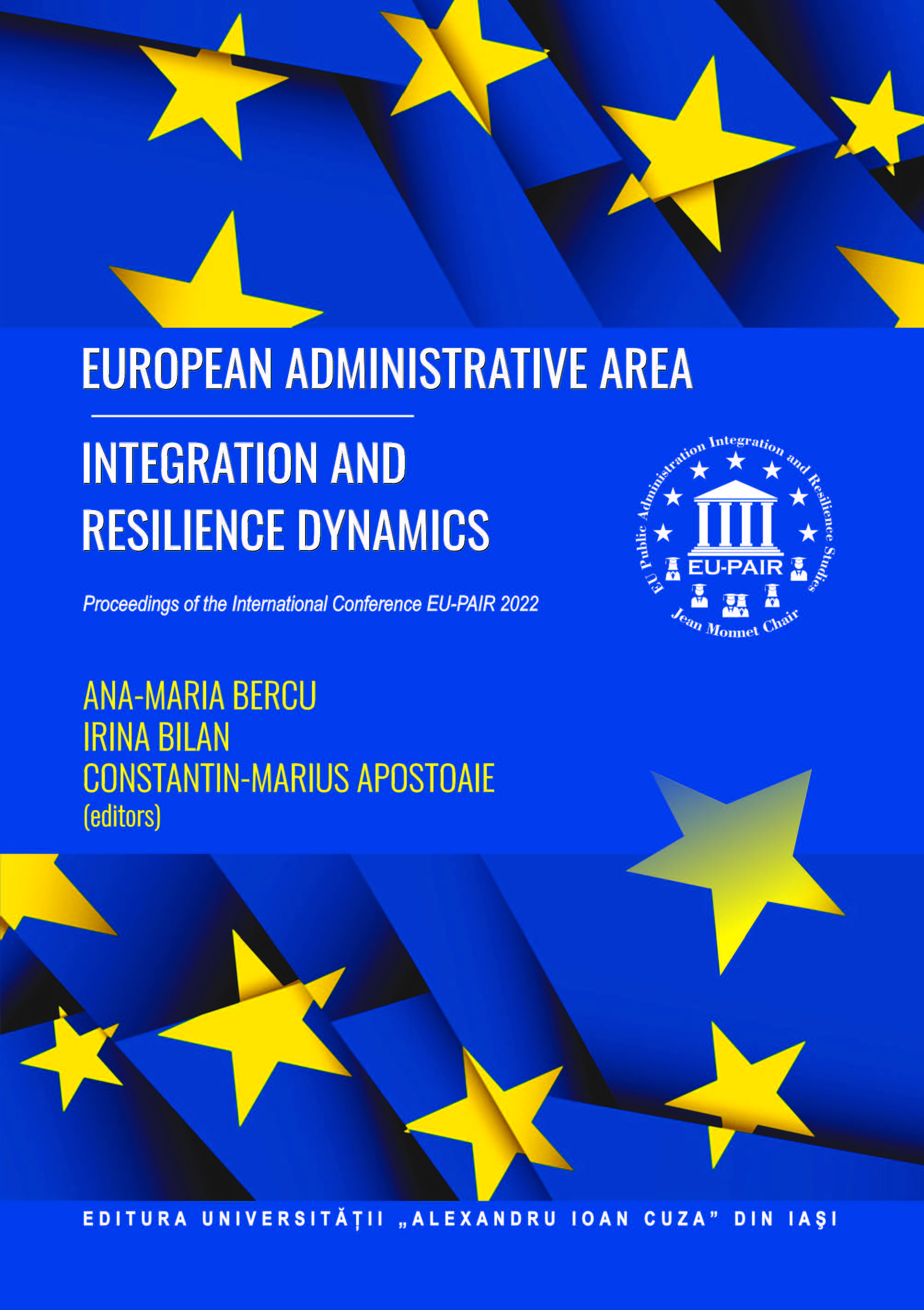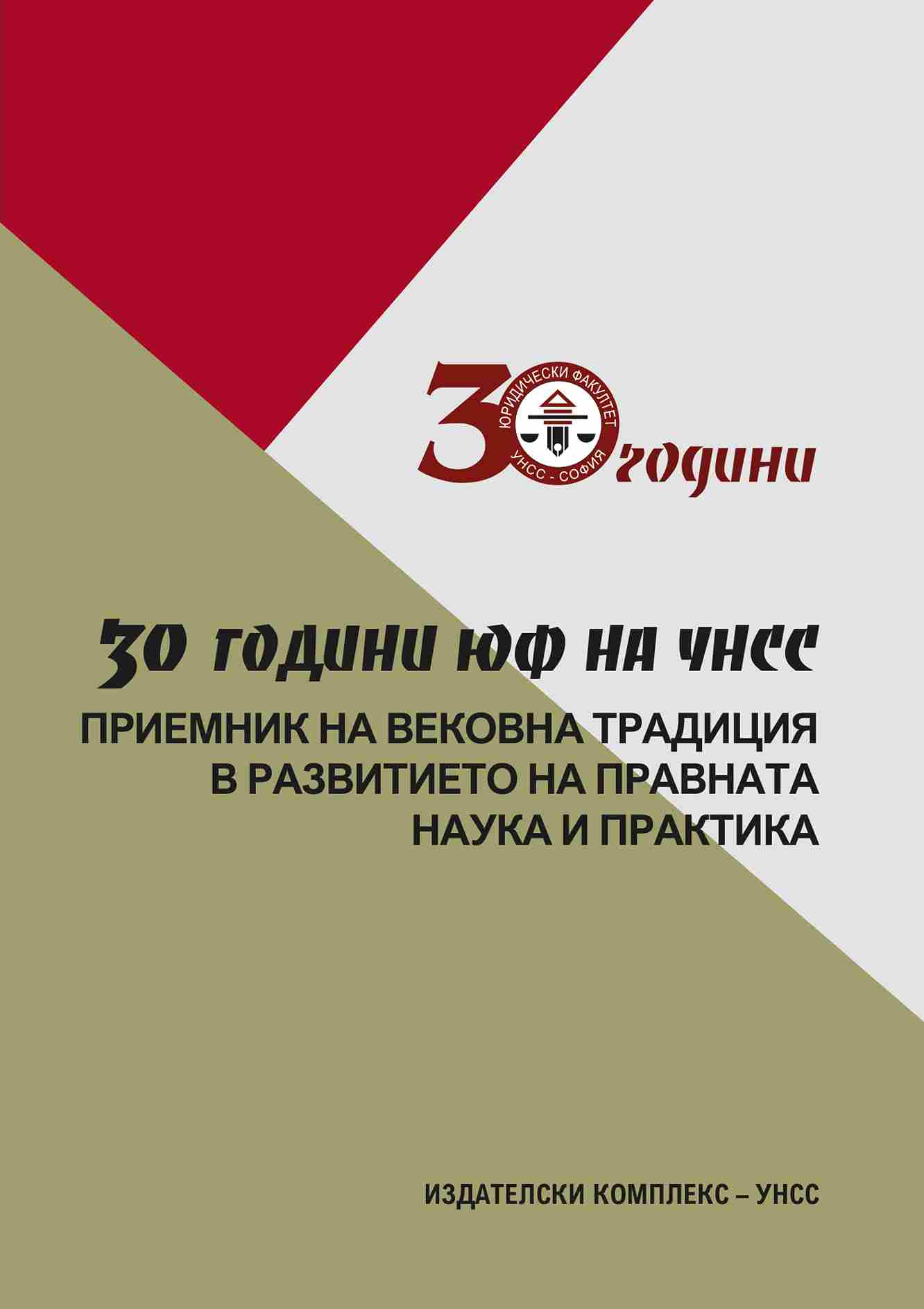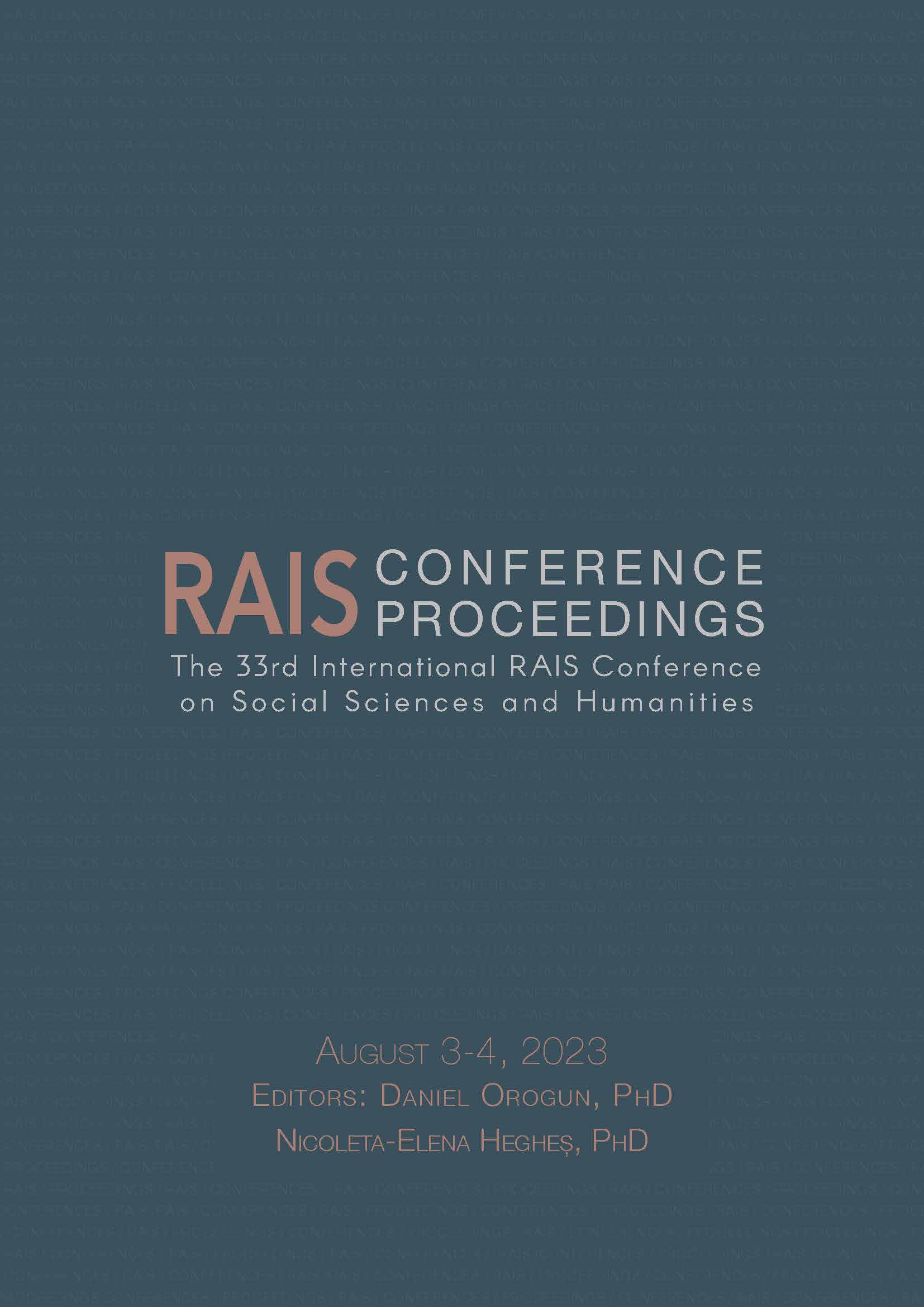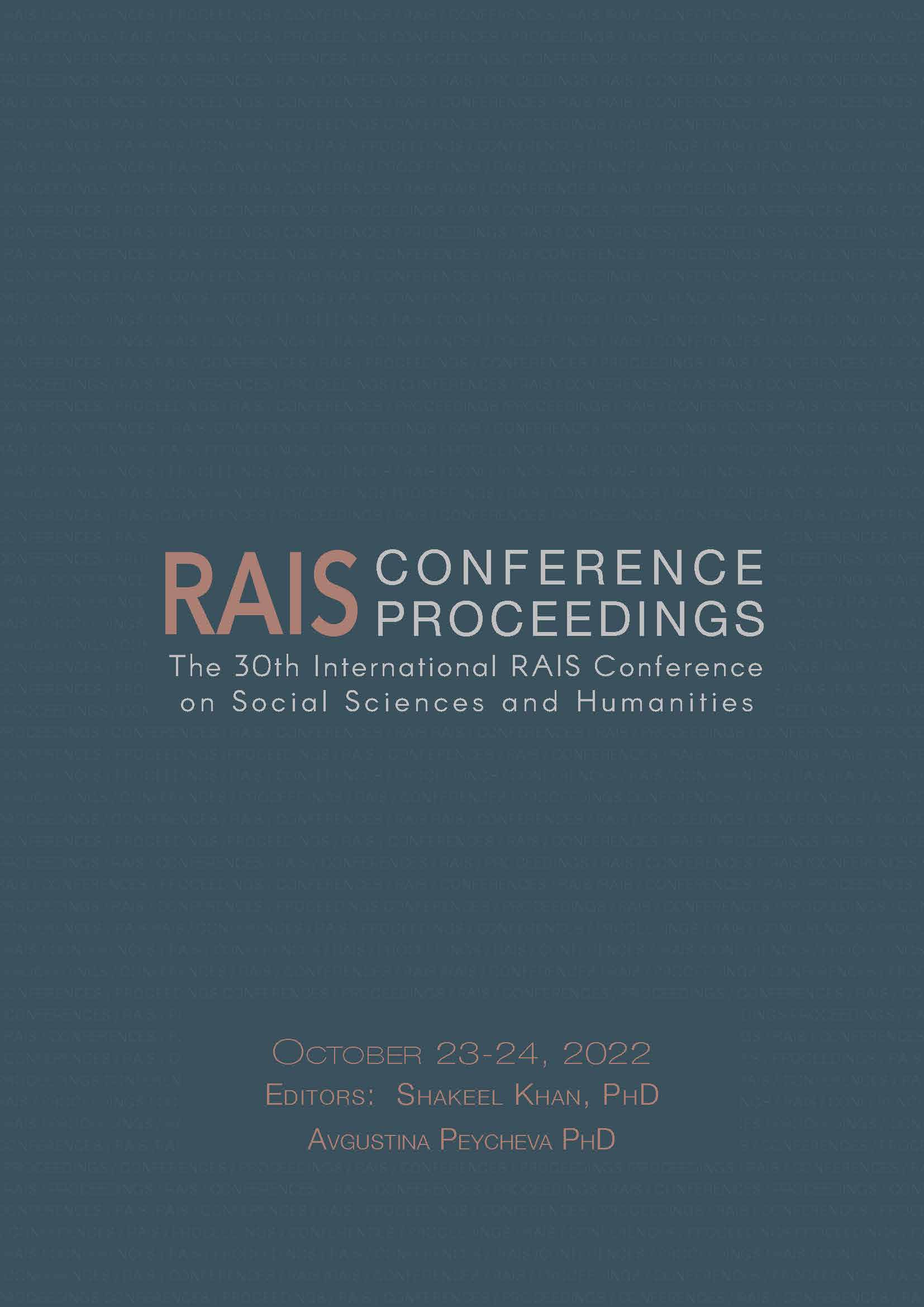Author(s): Viorel Gheorghe / Language(s): Romanian
Publication Year: 0
The definition of an area of security and guarantee of citizens' rights, in the various democracies, is, we must say, a permanence in front of the asymmetric threats foreshadowed, especially after the moment of September 11, 2001. In the context of the effort to complete the "European dream", the European Union it becomes fully involved in the elaboration of security policies, simultaneously, of the normative set and the institutions possessing a concrete mandate in achieving the security objectives. The European Union gives priority attention to the definition of the concepts of Common Foreign and Security Policy (CFSP), along with that of Common Security and Defense Policy (CSAP). It is unequivocal that, in recent years, at the Union level, various institutional and political constructs have made their presence felt, aimed at achieving or contributing to the achievement of normative as well as operational progress, for the prevention and/or countering of threats of asymmetric bill, through legal norms in the area of security and defense policy, so that the fundamental goal - the realization of a space of freedom, security and justice - has become one of capital importance for the perfection of guaranteeing the set of rights and freedoms, especially the right to free movement in the EU area, but also in the field of the protection of the fundamental rights of citizens, proportionally, contributing to providing an adequate response to the urgent problems that, here, in the current volatile strategic context, Union is currently facing radicalization, extremism, terrorism and hybrid threats.
More...
